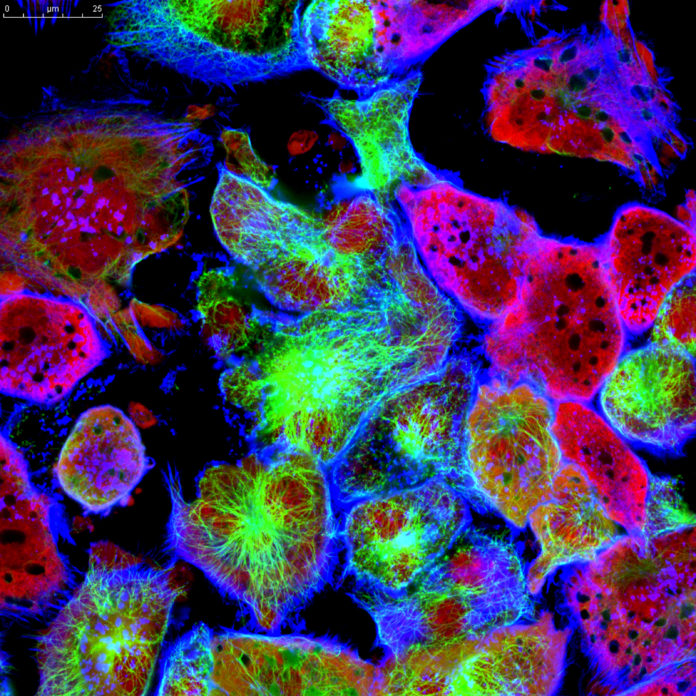Results were published in Molecular and Clinical Oncology from a study that found that undetectable αKlotho, a cellular anti-senescence protein, in the serum of patients with breast cancer (BC) was associated with poor prognosis and aggressive disease.
The study, which aimed to assess the serum levels of αKlotho in patients with BC via histopathological and immunohistochemical variables, consisted of 74 patients and 60 healthy controls. Peripheral blood samples were collated, and serum levels were assessed by sandwich ELISA.
The results suggested there was no difference in the levels of αKlotho between patients and controls; however, the researchers noted that there was a high number of patients with BC who had undetectable αKlotho. Importantly, the study found that in patients with metastatic tumors or tumors with poor differentiation, positive lymph node status, and triple-negative status, those with undetectable αKlotho were more prominent and had unfavorable overall survival.
Investigators concluded that undetectable αKlotho in the serum of patients with BC is associated with unfavorable histopathological variables as well as poor prognosis, also noting that estrogen receptors may have a prominent role in the retaining sufficient amounts of αKlotho.
Link: https://www.ncbi.nlm.nih.gov/pmc/articles/PMC8943645/
Keywords: ELISA, breast cancer, prognosis, αKlotho









